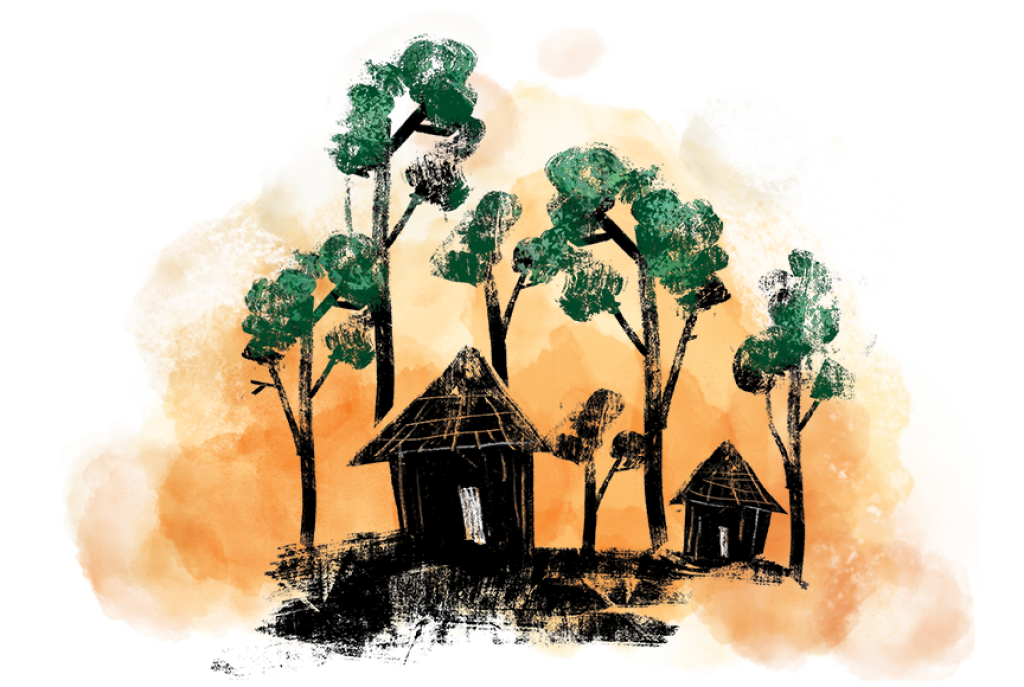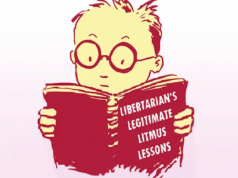The history of state forestry, from the British to our government, has been of replacing the diverse species of a natural forest with mono species. Both the scientific and sustainable forestry management has led to the same results. Communities are more likely to find economic and social benefits from the existing diversity of resources that the forests offer. There is higher probability of a natural fit between diverse needs of communities and diverse offerings of forests.
In addition to all the utilitarian or efficiency arguments, it must be remembered that local communities have a prior claim—a moral claim—on the forests. They have been living there and using the resource for generations. It is on the premise of prior use that all resources have been settled in any civilised society. It is gross injustice not to recognise the rights of forest dwellers.
Community ownership and management solve two problems simultaneously: the protection of forests and of dignified livelihood to the poorest communities in the country. They build their future from the natural asset of forests. The most efficient as well as moral resolution is to take our forests from the foresters and put them in the hands of forest dwellers.
This is an excerpt by Trupti Parekh and Dr Parth J Shah from the book ‘The Terracotta Reader: A Market Approach to the Environment‘.
Read more: https://spontaneousorder.in/forests-communitisation-or-privatisation/
Post Disclaimer
The opinions expressed in this essay are those of the authors. They do not purport to reflect the opinions or views of CCS.






